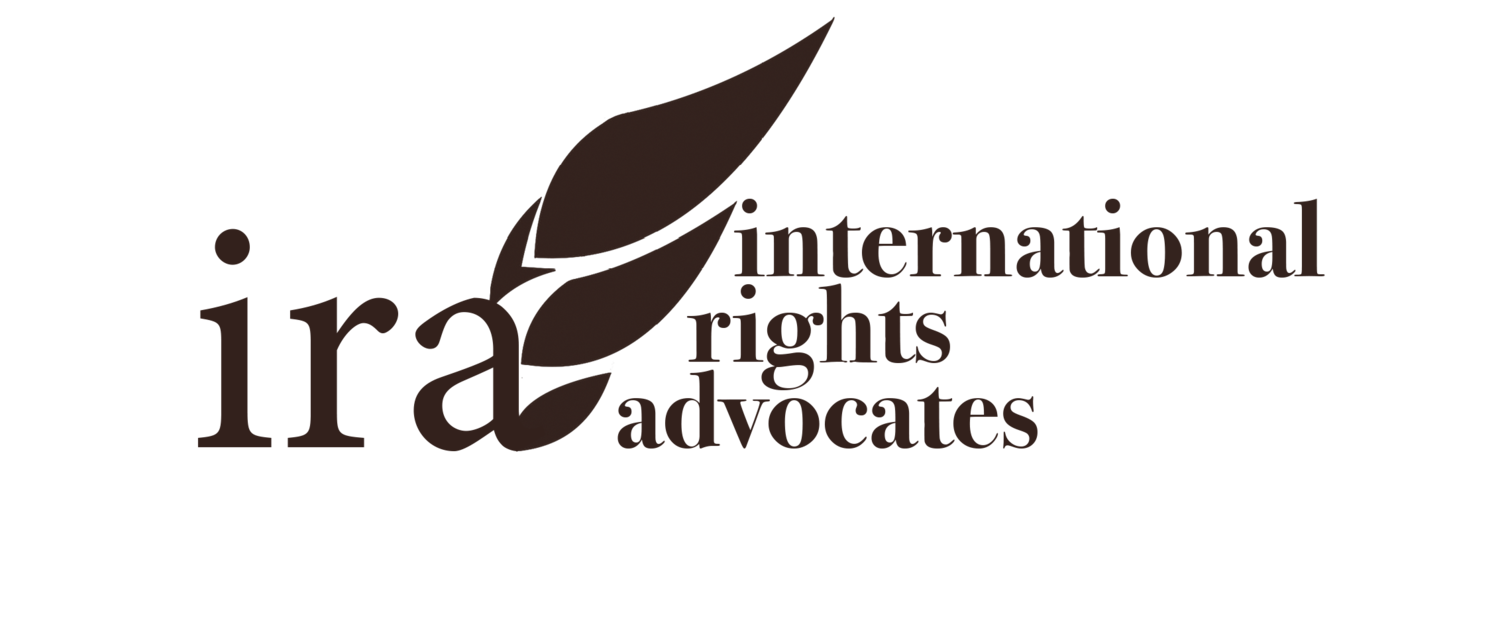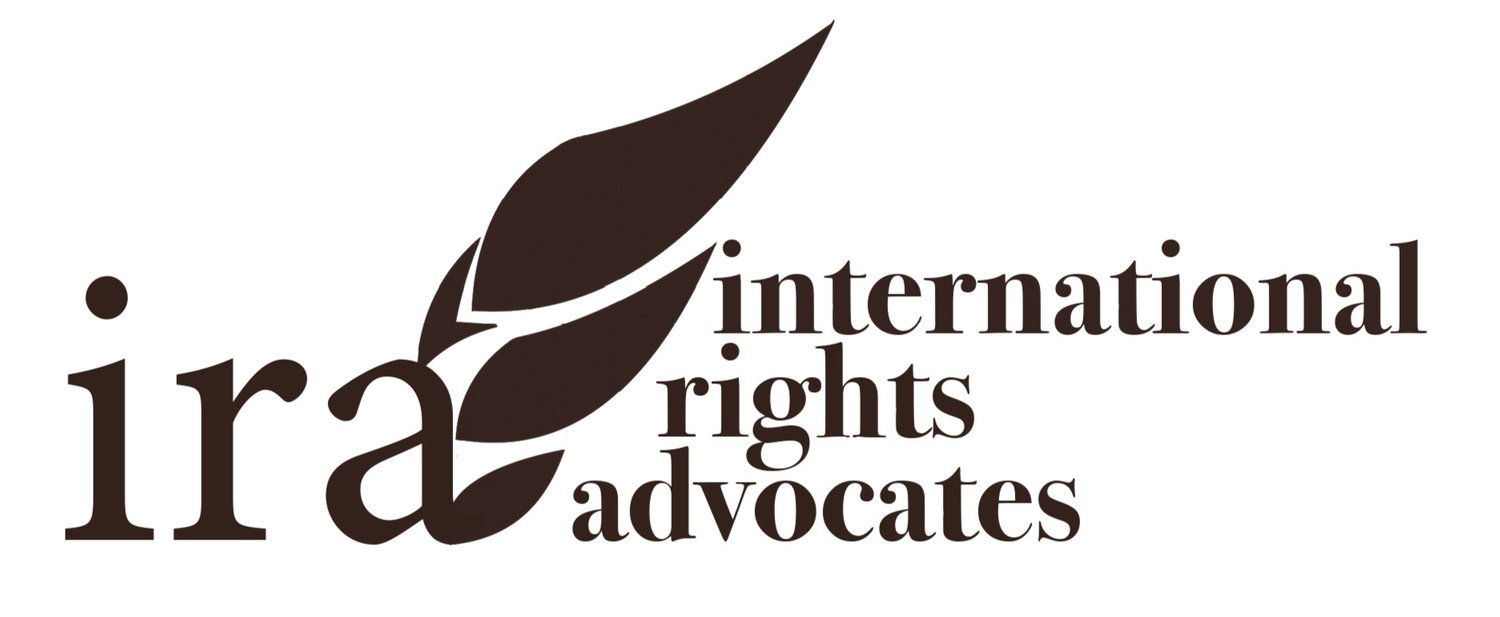The New Chiquita Papers: Secret Testimony and Internal Records Identify Banana Executives who Bankrolled Terror in Colombia
The New Chiquita Papers: Secret Testimony and Internal Records Identify Banana Executives who Bankrolled Terror in Colombia, National Security Archives, April 24, 2017, Edited by Michael Evans
Washington, D.C., April 24, 2017 - Ten years ago, Chiquita Brands International became the first U.S.-based corporation convicted of violating a U.S. law against funding an international terrorist group—the paramilitary United Self-defense Forces of Colombia (AUC). But punishment for the crime was reserved only for the corporate entity, while the names of the individual company officials who engineered the payments have since remained hidden behind a wall of impunity.
As Colombian authorities now prepare to prosecute business executives for funding groups responsible for major atrocities during Colombia’s decades-old conflict, a new set of Chiquita Papers, made possible through the National Security Archive’s FOIA lawsuit, has for the first time made it possible to know the identities and understand the roles of the individual Chiquita executives who approved and oversaw years of payments to groups responsible for countless human rights violations in Colombia.
Today’s posting features the first in a series of articles published jointly by the National Security Archive and Verdad Abierta highlighting new revelations from the Chiquita Papers, identifying the people behind the payments, and examining how the Papers can help to clarify lingering questions about the case.
In the last few years of the 1990s, Chiquita Brands International, the U.S.-based fruit company, fell under a cloud of suspicion. An exposé in the Cincinnati Enquirer, the company’s hometown paper, revealed some of the banana giant’s dirtiest secrets—among them: the messy fallout from bribes paid to Colombian customs agents by officials at Banadex, Chiquita’s wholly-owned Colombian subsidiary.
The Securities and Exchange Commission (SEC)—the U.S. financial crimes watchdog—was also looking into the bribery allegations. The agency subpoenaed thousands of Chiquita’s internal records and soon made a startling discovery. Tucked away in the same accounts where Chiquita concealed the bribes were millions of dollars in additional payments to a rogues’ gallery of armed groups, including leftist insurgents, right-wing paramilitaries, notorious army brigades, and the controversial, but government-approved, “Convivir” militias.
With these documents in hand, the SEC deposed seven Chiquita executives, each of whom played a different role in administering the so-called “sensitive payments.” In secret testimony on January 6, 2000 Robert F. Kistinger, head of Chiquita’s Banana Group based in Cincinnati, Ohio, told the SEC he had direct knowledge about many of the payments to armed groups, especially when they began in the late 1980s, but claimed that he had become less and less involved with the specifics over time. In his view, the amounts of money paid to the groups—hundreds of thousands of dollars per year—were simply not large enough to affect the company’s bottom line.
Kistinger, who is a named defendant in a massive civil litigation case pending against former Chiquita executives in U.S. federal court, and a likely target of future investigations in Colombia, said it was “not realistic” to halt Chiquita’s Colombia operations over such insignificant amounts of money. “I’m sorry,” he said, “it doesn’t hit the scorecard.”
“We’re not going to stop doing business in Colombia, because, you know, we’re going to have to spend an extra $25,000. That’s not realistic. Right?”
In 2013, Chiquita brought a rarely-seen “reverse” Freedom of Information Act (FOIA) lawsuit against the SEC in an effort to block the agency from releasing transcripts of these depositions (and thousands of additional documents) to the National Security Archive, a non-governmental research group based in Washington, D.C. Two years later, a federal appeals court panel rejected Chiquita’s claim, clearing the way for the release of more than 9,000 pages of the company's most sensitive internal records.
It’s easy to see why the company would want to keep them under wraps. The secret, sworn statements from the SEC probe are the de facto oral history of Chiquita’s ties to terrorist groups in Colombia—a unique and damning firsthand account of how one multinational corporation developed and routinized a system of secret transactions with actors on all sides of the conflict in order to maintain normal business operations—even thrive—in one of the most conflictive regions of the world, all the while treating the payments as little more than the “cost of doing business in Colombia.”
To read the full article, see it here on the National Security Archive's website: http://nsarchive.gwu.edu/NSAEBB/NSAEBB586-Testimony-Reveals-Chiquita-Exe...
To read more about our case against Chiquita, see here: http://www.iradvocates.org/case/latin-america-colombia/does-v-chiquita-b...

